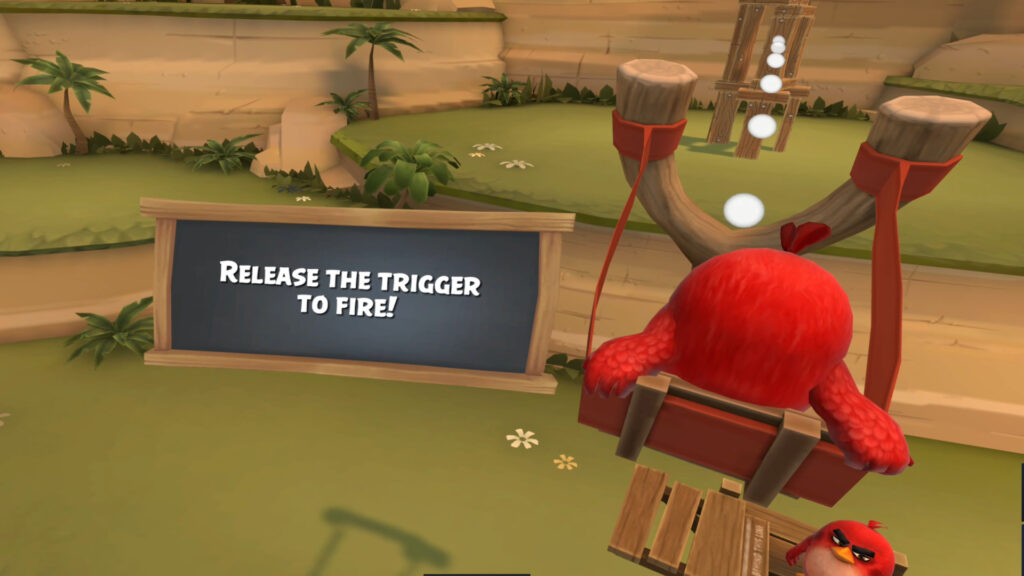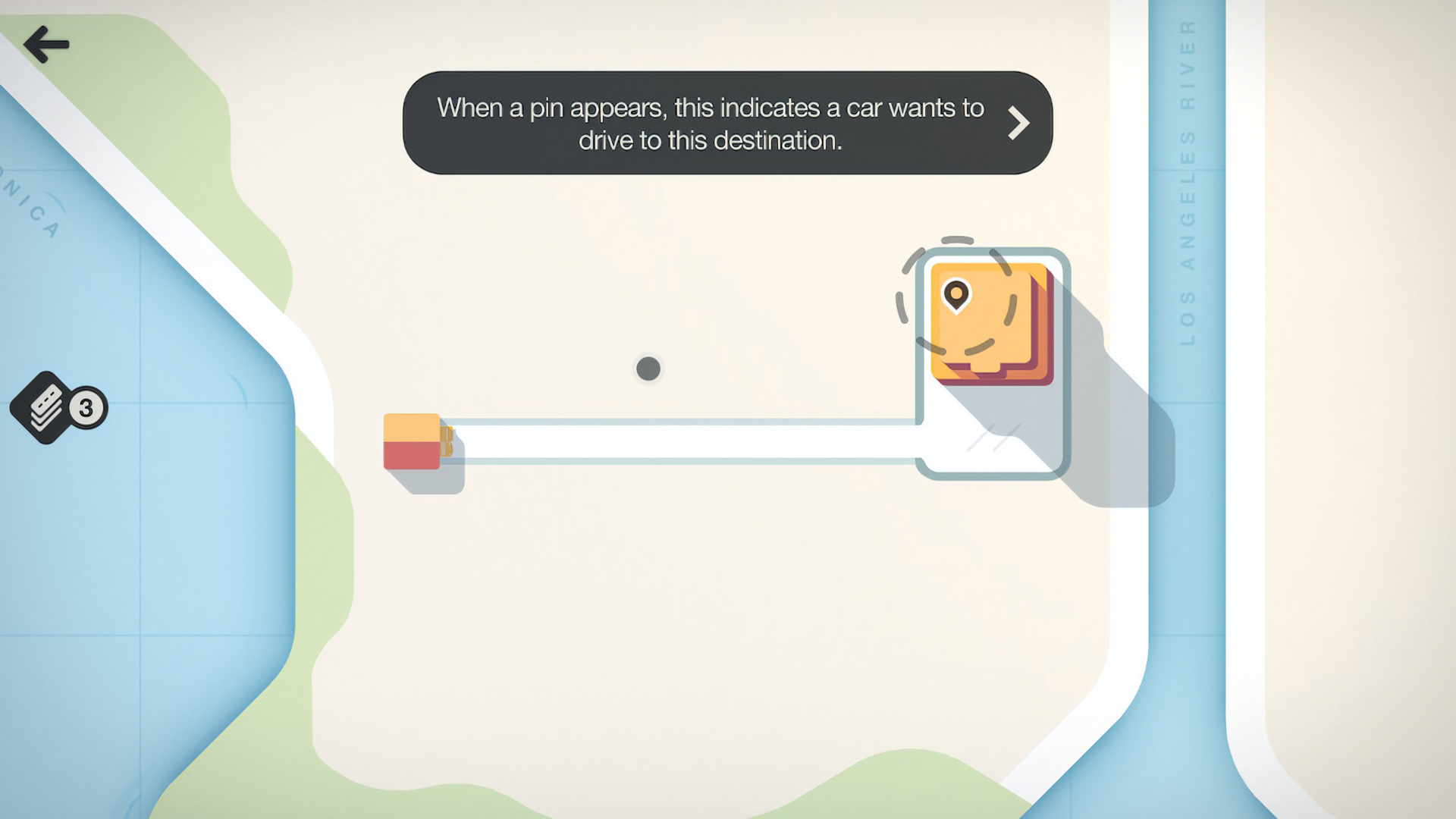Objective: Mindfully try a new game and observe the role UX plays on your ability to learn and succeed.
Use material from Chapter 5: Game Experience Design in Practice
Quest: Choose a new game you’ve never played before, and document your passage through the game’s user experience for the first 2 hours, keeping an eye on these helpful prompts for what to look out for. At the end of the 2 hours, reflect on what you learned.
Play a new game and answer the following questions as you go:
Set a timer for no more than 2 hours of gameplay, and pick up a game you’ve never played before. Keep a notebook beside you as you play or record your thoughts by streaming or using Voice Memos on your phone. Use screenshots to help aid your memory if needed.
1. What content do you encounter, and why?
Everything in the first few hours of a game is carefully curated. Why do you think you’re seeing the things you’re seeing?
2. How is the content conveyed?
Are you seeing everything in engine? Are there videos? Links to blog posts? Did you get supporting emails or other off-game media? What about audio, haptics, and other multimodal learning assistance? Did you miss anything because of when or where you played?
3. How long are things “on rails”? When do you first get to make a meaningful choice?
UX designers have to balance teaching styles – some players prefer facts up front, others prefer hands-on learning.
4. When are settings available, and what are they?
Can you adjust the volume right away if it’s not right in game? What about accessibility settings? How long does it take before you can configure the game appropriately for your needs?
5. How is your attention directed to different points in the UI?
When you are being shown something, is it visual effects? Icons? Sound? Dialogs? Is it effective, or are you struggling? Is there a heads-up display? Does it make sense?
Reflect on the first time player experience (FTUE)
When your initial two hours of gameplay are complete, stop, reflect on your experience, and ask yourself these questions to assess whether the new player experience was effective. Players have literally thousands of games to choose from. If your game can’t pass these tests within a few hours of gameplay, players will move on to the next game worthy of their time and attention. Did this game pass the test? What would you do differently based on what you learned in The Game Development Strategy Guide?
Comprehension
What did you learn? Do you understand what to do next?
Motivation
Are you compelled to play again tomorrow? Why?
Value Proposition
Is the game a good value for your money? A good value for your time?
Get to know the Game UI Database
Looking for inspiration on a game to try that will give you an interesting first time player experience? Consult the Game UI Database: its thousands of reference screens are a huge jumpstart for competitive research, and there’s an entire set of categories devoted to tutorial content.
Bonus Level: Making the Case for Onboarding Systems
Did the onboarding experience in the game you selected leave you a little underwhelmed? Perhaps the game you work on is great for experienced players in your genre but is terrible at welcoming new players. You’re not alone.
Short-sighted targeting
It’s incredibly common for new games to cut corners by assuming they can target existing players in a genre and thus skip out on critical tutorial and onboarding systems. But think about it: this means you’re limiting your market to players who already have a game in your genre in mind. Wouldn’t it be better to try and tackle teaching the genre in a new way to find new players as yet unserved? This is likely behind many of the game industry’s current woes: we keep targeting the same players in the same ways.
Silent failures after launch
It’s always more effective to design for long-term onboarding systems when you’re building a product from scratch, but it’s not impossible to add training after launch. It’s just harder to convince a team running an active game that the game which has been running for years has a comprehension problem. After all, they’re making millions of dollars – that’s some serious confirmation bias. And the worst part is that sending out surveys about your onboarding won’t work! Players who don’t like your onboarding will have left your ecosystem, and they sure won’t be looking for surveys to fill out. This creates an echo chamber effect: survivor’s bias where the players who stick around tell us everything’s fine so we leave players behind and money on the table.
It’s always more effective to design for long-term onboarding systems when you’re building a product from scratch, but it’s not impossible to add training after launch. It’s just harder to convince a team running an active game that the game which has been running for years has a comprehension problem. After all, they’re making millions of dollars – that’s some serious confirmation bias. And the worst part is that sending out surveys about your onboarding won’t work! Players who don’t like your onboarding will have left your ecosystem, and they sure won’t be looking for surveys to fill out. This creates an echo chamber effect: survivor’s bias where the players who stick around tell us everything’s fine so we leave players behind and money on the table.
Triage your existing game by looking for signals that players are stalling or struggling.
When looking to expand your game with tacked-on onboarding or training content, look for data like:
- Have players been given clear goals each day? Where do they go to get goals? How do they know this?
- Are players somehow skipping existing training? (One common pattern is a “level skip” mechanic which can often lead to a loss of context and training for players if not handled appropriately.)
- Are there specific levels where players drop off or stall?
- Is there specific knowledge needed to succeed in those levels? If so, where do players get it?
- What do competitor games do to teach players these concepts?
- Are players calling out specific game modes or concepts as frustrating in global chat, Reddit, or player support tickets?
- Are players being incentivized to explore, learn, and repeat?


